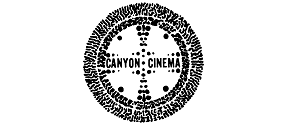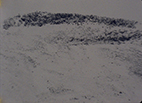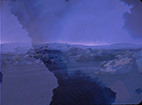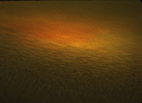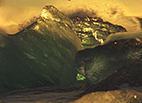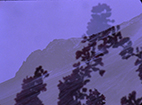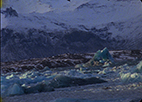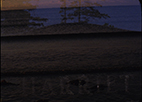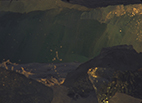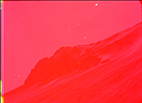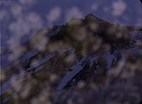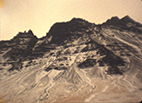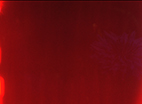The Crack Up
- Jonathan Schwartz |
- 2017 |
- 18 minutes |
- COLOR |
- SOUND
Rental Format(s): Digital File / Digital File - DCP
"The ability to hold two opposed ideas in the mind at the same time, and still retain the ability to function. One should, for example, be able to see that things are hopeless and yet be determined to make them otherwise." (F. Scott Fitzgerald: The Crack-Up, 1936)
...an excursion through fear, near collapse, and transformation that takes its name from F. Scott Fitzgerald's 1936 autobiographical essay. Reflecting on life's "process of breaking down," it is both extremely personal and also relevant to the difficult times we live in. With sublime 16mm footage of glaciers, monumental snow-covered landscapes, and an icy, roiling sea, The Crack-Up alternates strident sounds and brash rhythms and gestures of the camera with moments of arresting fragility and grace. Danger, death, the unexpected chaos and destruction of life are all evoked with almost no human presence in the image. The sound of wind, rain, the cracking of frozen earth occasionally gives way to two voices: a female voice reciting from Fitzgerald's text and a male voice struggling to use language at all. Schwartz's film seems to take as its challenge Fitzgerald's admonition to simultaneously "see that things are hopeless and yet be determined to make them otherwise."
The Crack-Up begins with a ferocious rumble of wind and microphone noise over short, staccato shots moving up over a snow and ice-filled topography. A hint of blood-red liquid seeps through, forming ink-like stains on this vision of a crystalline, cold world. Notes of piano practice, then an out-of-key chord accompany more arctic landscape but with occasional traces of flowers appearing, as if gesturing towards a tentative but uncertain possibility of transformation. A voice struggles with speech, haltingly, trying to form sentences. It is the unrelenting confrontation of language/ naming with all that resolutely remains beyond its grasp in our lives. This inability to craft coherent phrases to tame or frame the inhuman world we see on the screen embodies our very human condition.
Stunning Icelandic land- and seascapes dominate The Crack-Up's imagery, but shot in short rhythmic bursts, with forceful camera movements and different exposures so that the same image can shift from gloriously luminescent to darkly foreboding. Varying times of day and weather result in a vivid depiction of the symbiosis of earth's topography with the sun and atmosphere. Gentle snow-covered curves alternate with large- and small-scale jagged icy surfaces, and there is a magnificent sequence of blocks of ice being rocked and eroded by powerful ocean waves. Aside from tenuous flowers that appear and disappear beneath this blue-grey-white and glassy world, the film also briefly introduces other landscapes, including a cemetery with the gravestone of the filmmaker's mother. Towards the end of the film there are moments with no light, the appearance of no-thing, perhaps only grief.
Fitzgerald's text distinguishes between blows that come to one from the outside and those from within, the latter that "you don't feel until it's too late to do anything about it." Indeed, one can "crack in many ways," Fitzgerald writes. Schwartz's film suggests that such cracking besets (or will beset) us all. It is this that makes us human, and also makes our watery blue planet hurtling through space so vulnerable. His use of film to depict the ineffable battle between despair and hope, between anguish and buoyancy in response to a cracking from inside and out--is profoundly moving. At the conclusion of the film, the male voice again struggles to recite some lines from Donovan's "Catch the Wind": "Uncertainty. ...Uncertainty. May as well try to catch the wind." What remains with us as the film goes to black is the penetrating acknowledgment of that uncertainty, the uncertainty about the fate of each and every one of us and of the planet as a whole. Asserting this shared vulnerability, The Crack-Up engenders the intermingled hopelessness and radical determination that is our sole option. - Irina Leimbacher
